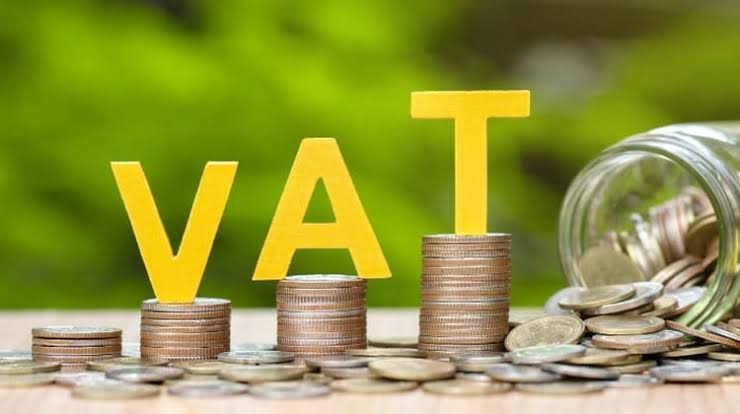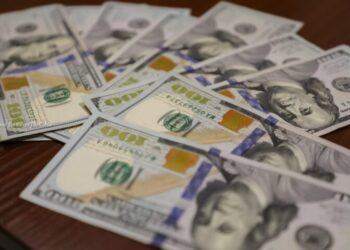The national assembly is toying with the idea of raising the value-added tax (VAT) from 7.5% to 10% by 2025. And if you thought that was enough, there’s more. The tax is expected to jump further to a whopping 12.5% by 2026, according to a bill floating through the corridors of power. So, why the sudden need for this massive tax hike? What’s really at play here?
The details of the bill, sighted by TheCable on Sunday, paint a somewhat rosy picture, if you happen to sit on the government’s side of the table, that is. The proposal promises that the additional revenue will help shore up the country’s finances, following years of fiscal mismanagement and dwindling oil revenue. But let’s cut through the fancy language and financial jargon. What does this mean for everyday Nigerians already struggling under the weight of inflation, high unemployment, and economic hardship?
First, let’s be clear: VAT is a consumption tax. This means that everything you buy, yes, from that sachet of pure water to your phone recharge card—could soon cost you more. The proposed hike from 7.5% to 10% may seem like a small increase, but for a country where millions are living below the poverty line, even small shifts like this can have massive ripple effects.

Of course, the bill doesn’t stop at just VAT. There’s also talk of lowering the corporate income tax (CIT) from 30% to 27.5% by 2025, and then down to 25% by 2026. While businesses and corporations may see this as a win, the question on everyone’s lips is: Who’s really benefiting from these changes? You can bet that multinational corporations will have reason to celebrate the tax cuts, but ordinary citizens are left with the short end of the stick—again.
Here’s the irony. On one hand, the government says the VAT increase is necessary to boost revenue for development projects. On the other hand, it’s cutting taxes for corporations, meaning less revenue from the very entities that can afford to pay more. So, where’s the logic? The burden, as usual, will fall on the everyday consumer.
Nigeria already suffers from one of the lowest tax-to-GDP ratios in the world. Instead of focusing on broadening the tax base by getting more wealthy individuals and businesses to pay their fair share, the government is choosing the easier route—squeezing more out of the people who are already struggling.
If you’re still wondering what this means for you, think about it the next time you make a purchase. That little VAT line on your receipt is going to become a bigger and bigger part of your life. And while corporations enjoy their tax breaks, you’ll be left asking: “Why am I paying more while the rich pay less?”

















